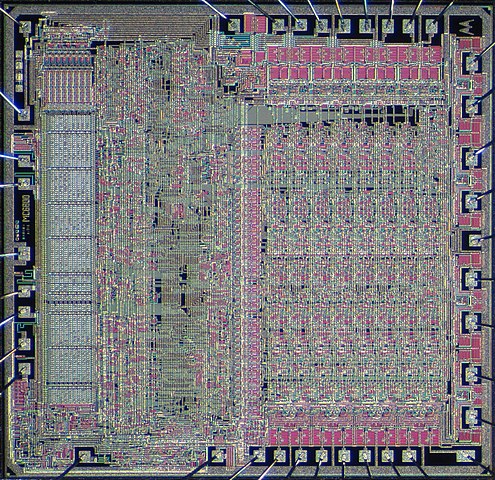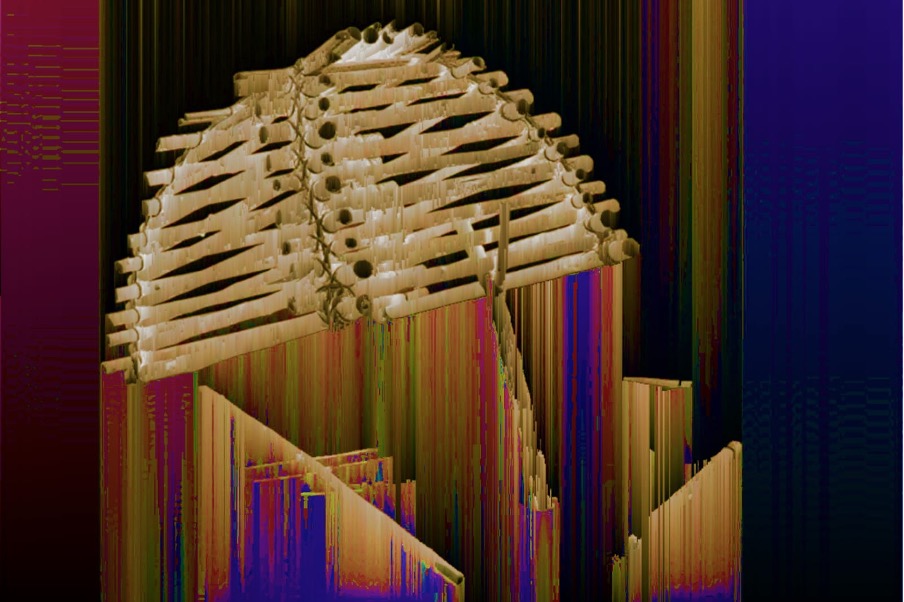
Earth, Air, Fire, Water, and Entropy: Internet and Synthetic Biology Pioneer Randy Rettberg’s Story on How Information Was Forged
Our first encounter with Randy Rettberg was somewhat surreal. Not that the others weren’t—the sui generis atmosphere is always present—but that first meeting was set in a scenario so far from our everyday reality that it felt like we’d been thrown into a science fiction novel. It happened in 2022 and we were a bit disoriented after ten hours of transatlantic travel and two hours riding Bentleys to the British countryside. It was July, and we had left the cold and dry wind of our almost never rigorous Brazilian winter to find a pleasant summer sun that gently bathed the English lands. The people there were in a good mood and smiling. Someone told us that it was an atypical moment, that life was not so bright most of the time. We got lucky. At least the weather made us feel a little bit at home, but only that. (read more...)

